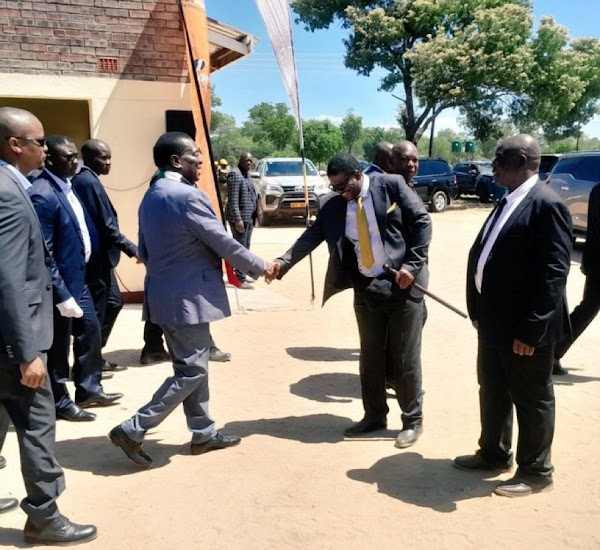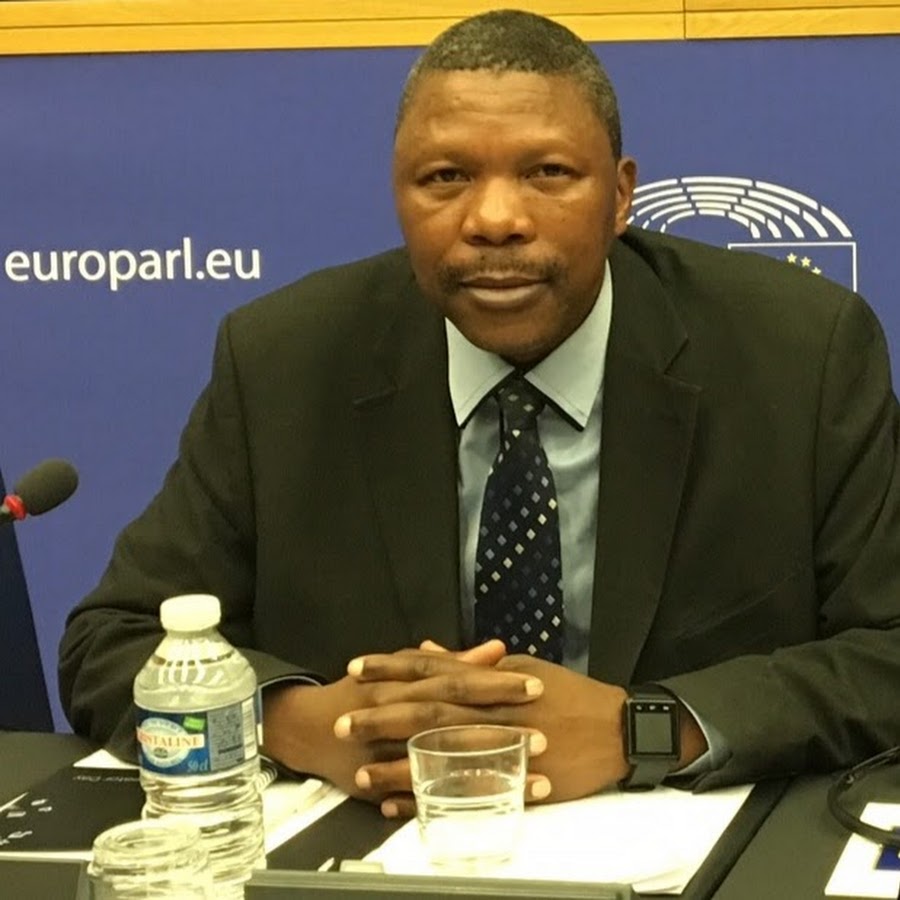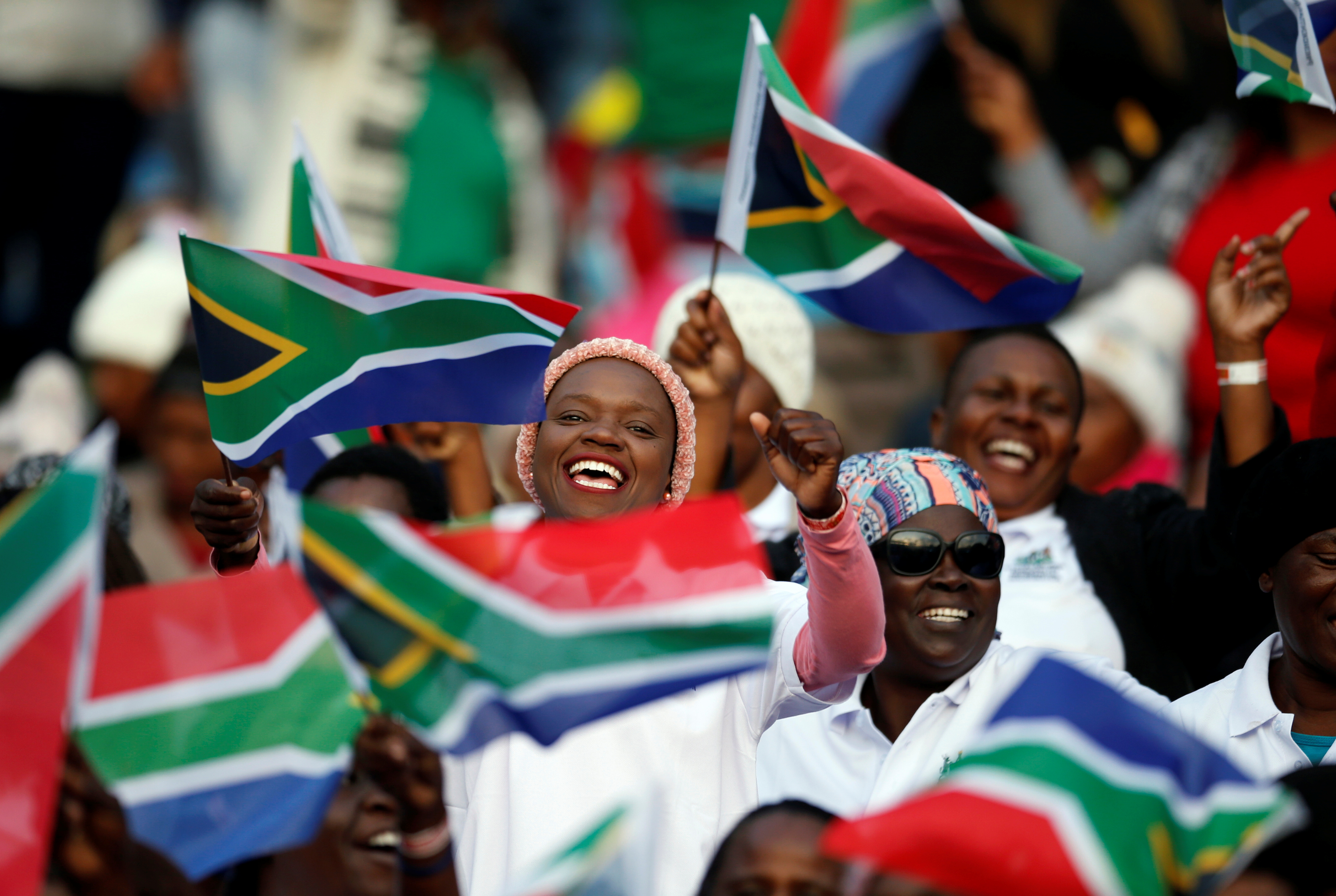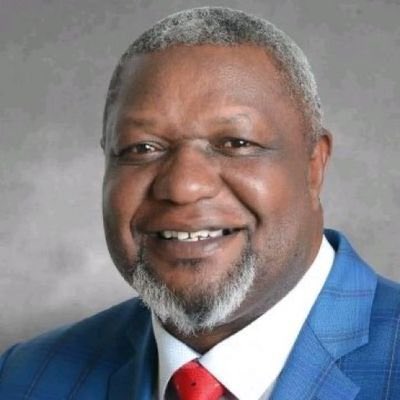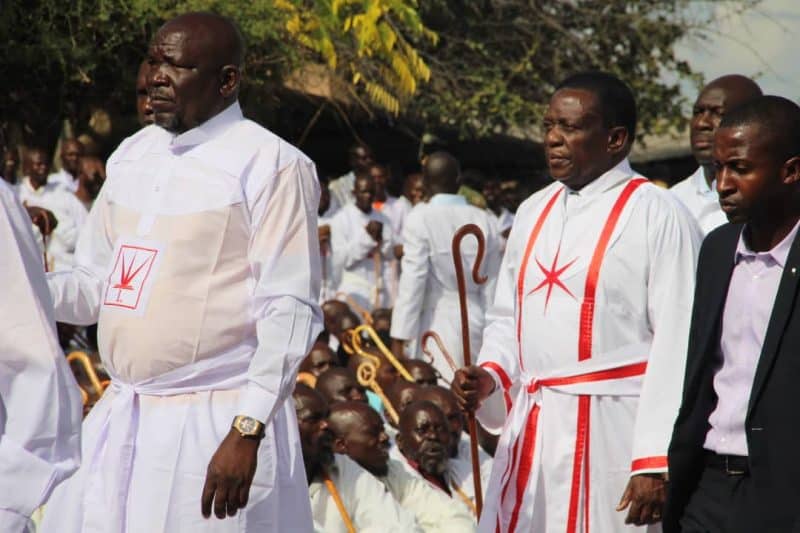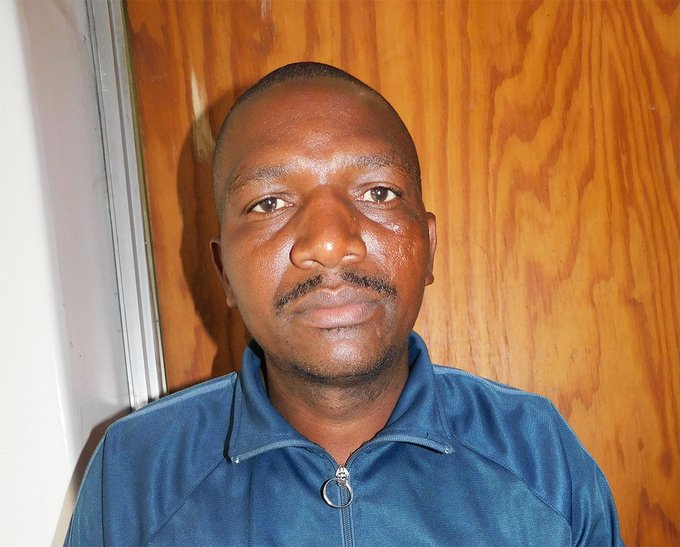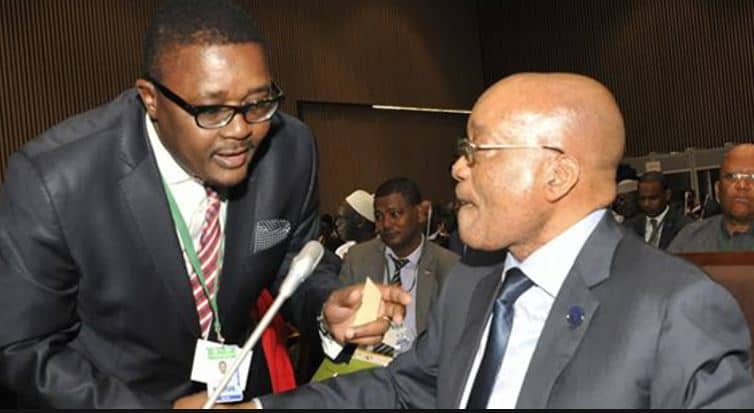Maynard Manyowa
“This is my office, my house, my bed, my whole life”
This is Kudzai. No. That is not his real name. Kudzai is a vendor in the streets of Zimbabwe. If his real name were revealed, he would be targeted by government sponsored militia, beaten and evicted from his lucrative spot at the corner of Nelson Mandela avenue and Leopold Takawira.
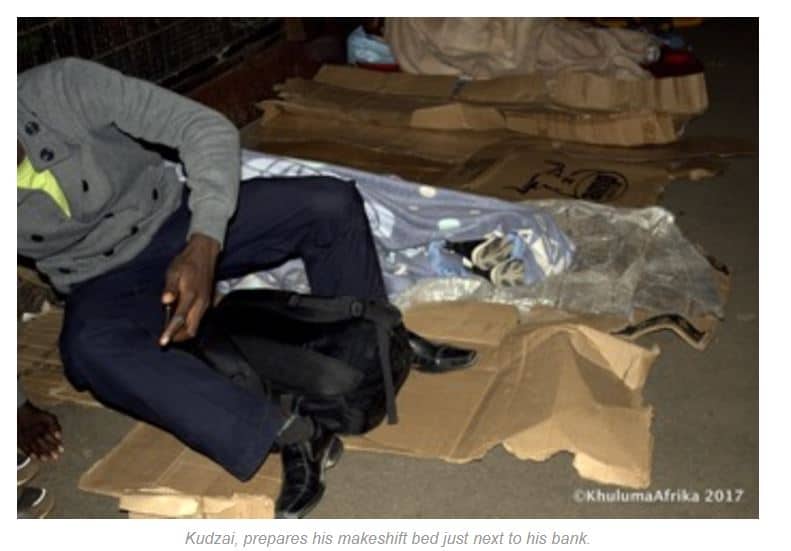
For the last 18 months, he has lived at this very same spot. He sells a few cellphone gadgets (chargers, usb cables, covers, screen protectors). He also installs popular instant messenger software Whatsapp on counterfeit android devices which do not have access to Google’s Playstore.
He makes about $2 USD a day. It is not enough to pay for his food daily, let alone transport out of town. Over a period of 30 days, he would also need to save that $2 every day to raise $60 USD, the average price of a small room in the high-density suburbs that surround Harare.
That is 30 days of no food, no water. He would still be short of about $15 USD for electricity costs, and about $10 for water costs. This before he buys a single meal.
He would be $25 USD short and dead from hunger, dehydration, or both were he to attempt to save up for rentals.
So Kudzai, like the 12 other vendors that live along the same 150 meter stretch along Leopold Takawira Street, where Nelson Mandela and Jason Moyo avenues run parallel, has made the decision to work on the streets, live on the streets, and eat on the streets.
“It is much much more sensical (sic) for me to live here. I pay no rent. Just $5 a month to some big thugs here who protect this area. I buy a plate of Sadza (pap) once a day and have a dollar profit on average”
It is his only way out. But, this is Zimbabwe, and the way out is an ‘exit-less’ maze of poverty. Kudzai holds a degree in sociology, but Zimbabwe’s rampant unemployment and collapsed industry has left him a sorry vendor.
“You see this cardboard box? It is my table where i place my goods in the afternoon, and my mattress at night. It is like a sleeper couch – office table, all in one”, he says as he gestures towards a cardboard mat on the bare concrete.
It is clear he is in a desperate situation. His family live in the rural areas. They worked as roving land tillers to send him to school. He cannot return home. He cannot rent a home locally either. The streets are his everything.
Next to Kudzai is ‘one of the lucky ones’. At least on paper.
Clad in clean formal wear, is another degreed compatriot, Tamuka. He is employed formally. But tonight, he shares the same street bed as Kudzai.

It is a stark irony. A story of two different men, from two different backgrounds who find themselves under the same vice. One cannot get a job, and has to sleep in the street and vend in the streets. Another was lucky to get a job but has to sleep in the streets just to get his money, and even then, only sometimes.
Kudzai’ spot is right next to a local bank. There is massive cash shortage in Zimbabwe. So Tamuka has come to sleep at the bank so that he may be first in the line and hopefully get some cash.
But he does not know if he will get it. It is his second night sleeping at the bank, only to spend the whole day waiting in vain. He has money in his account, but he can’t access it. He does not have enough to return home.
“Upenyu wakaoma mudhara (life is tough)” he whispers.
“Zvimwe hazvitaurike because ndino vicitmiswa ndikabatwa (somethings i can’t say cause i will be victimized)”
His fears are not far off.
When we interviewed Kudzai, we had to drive two blocks away. It was on our return that we encountered Tamuka.
The guards at the bank approached us quickly.
“Why are you talking to them?” one of them quizzed.
“You are not allowed to speak to the people sleeping in the line here. I will call the cops”
We snapped a few pics and left in a huff. Leaving the guard incensed.
The next morning Kudzai sent a call back request. We phoned him.
There had been a mini scuffle after we left. Members of the militia had gone to the block and threatened all the vendors and cash seeking bank clients. The guard had called them and reported that suspicious journalists had taken some pictures.
That is what Zimbabwe has become. When we were growing up, the streets used to be laden with vulnerable children. Now, it is laden with degreed adults who are either vending and bedding the streets to survive, or sleeping in the streets waiting for their hard-earned cash. This is Mugabe’s new legacy, a country overflowing with literate destitutes.
- Maynard Manyowa is a co-Editor for Khuluma Afrika – a center for analysis, commentary and investigative journalism

